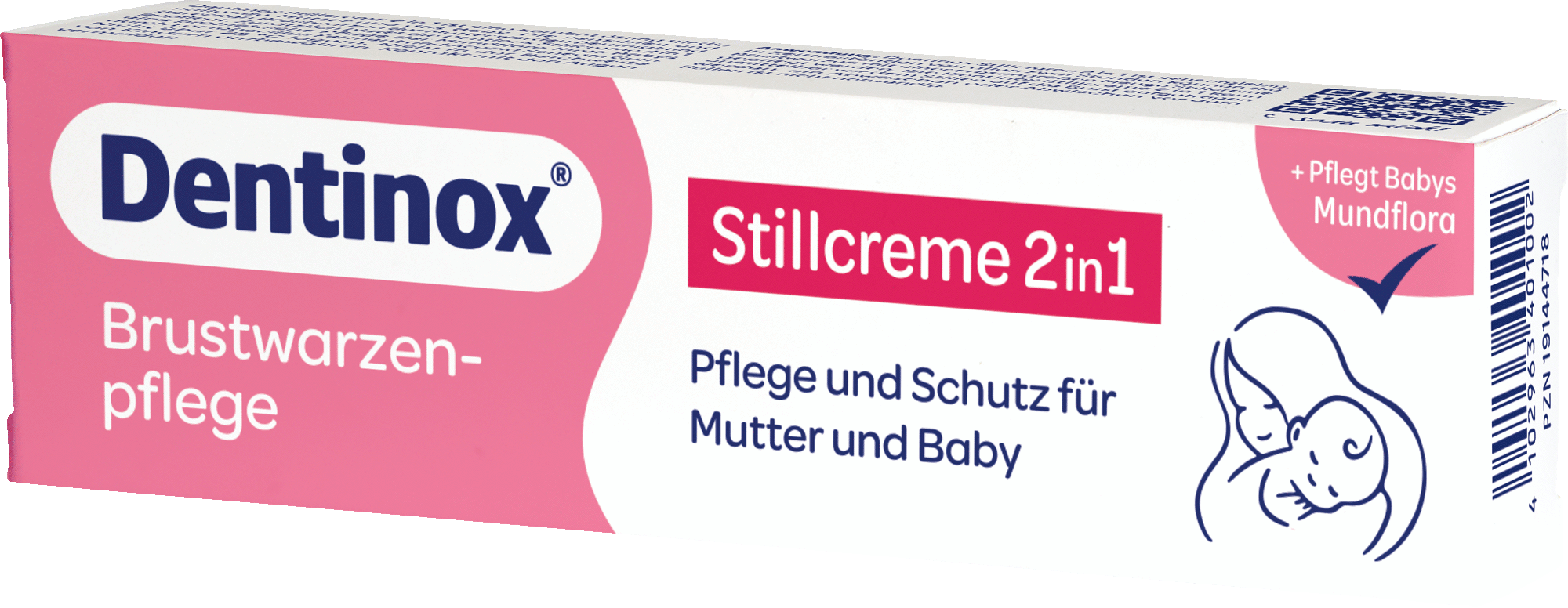Breastfeeding is very important for your child's development because breast milk contains all the important nutrients and antibodies. It strengthens the bond between you and your baby through close skin contact and regular closeness. This special time creates trust and a strong emotional connection. Of course, breastfeeding can also be difficult, with pain, milk retention or uncertainty. It is quite normal to seek support in this process. Our guide offers you helpful tips and support so that you can fully enjoy the benefits of breastfeeding.
Breastfeeding
Our newest items
FAQs
How often should I breastfeed my baby?
Breastfeed your baby as needed, usually every 2-3 hours. Newborns need more frequent meals, older babies may have longer intervals.
How long should a breastfeeding session last?
A breastfeeding session usually lasts 10-30 minutes. Let your baby drink for as long as it wants in order to get enough milk.
What can I do if I have pain when breastfeeding?
Check the positioning technique and try different positions. Use lanolin cream for relief and consult a breastfeeding counsellor if the pain persists.
Why is breast care important during breastfeeding?
Breastfeeding cream helps to prevent milk stasis and promote milk production. Changing breastfeeding positions regularly and latching the baby on correctly can also help prevent sore nipples.
What helps against sore nipples when breastfeeding?
Cooling after breastfeeding or applying warm tea bags before breastfeeding relieves the pain. To avoid irritation, allow your nipples to air dry and use nipple ointment regularly.
What are the possible causes of breast pain when breastfeeding?
Breast pain can be caused by milk stasis, a blocked mammary gland or breast inflammation (mastitis). Feeding the baby incorrectly or breastfeeding too often without emptying the breast sufficiently can also cause pain.
How long does breast pain last after breastfeeding?
Breast pain after breastfeeding can occur for a short time and improve within a few days to weeks with the correct latch-on technique and care, depending on individual circumstances such as milk retention or inflammation.










